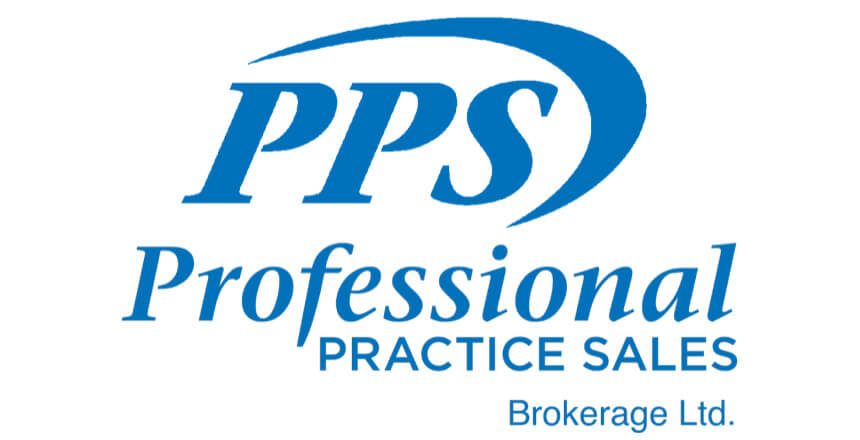
One of our main objectives as Dental Practice Brokers is to ensure that transactions close. Unfortunately there are circumstances that arise that can cause a deal to either get delayed or possibly not close at all. I believe it is beneficial to the readers of the Professional Advisory to review the major impediments to a successful practice sale.
The premises your practice is located in forms a significant portion of the goodwill of the practice. As regular readers will know, goodwill accounts for about 80 per cent of the value of most practices. In order to transfer the premises to another dentist, the dentist has to be granted long term use of the space. There are two types of practice premises: owned and rented. In each case the premises must be the appropriate size for the practice, not too large and not too small. It must have the appropriate cost for the practice size. Occupancy cost should equal roughly 6.5 per cent of gross income. It does not matter if it’s rented or owned, the cost to the practice should be the same. This cost does not include the equity portion for owned premises. This equity portion derives its own return from the longterm capital appreciation of the real estate. In rented premises, the lease must be easily assignable, the buyer will need a minimum term of 10 years after closing, and there should be no demolition clause. In owned premises, the selling dentist must be prepared to sell the premises with the practice at fair market value, or enter into a long term lease of perhaps 15 to 20 years, and should also offer an option to purchase to the buyer in the lease. A critical review of your practice premises is a natural first step before contemplating a sale. If you are in leased space, consider having a lease consultant review your lease.
Another critical component of the goodwill of your practice is your team. You should have the right number of good people working with you. Resist the temptation to add extra staff members as floaters. If you have a bad apple on your team, deal with it as it will make your practice better now, and after the sale. Your staff should be paid market rates for their positions. Overpaid staff, more often than not create problems for the sale of your practice. Your total staff cost should be approximately 25 percent of gross.
If you have long term staff that you would like to reward, it is better to do it with bonuses and not salary. It will enhance the value of your practice if you get all of your staff on professionally drafted employment contracts. If you do this, it is critical that it be done properly, with enough notice, and proper legal documentation. Plan on doing this at least two years before you sell your dental practice.
Associates can be a significant benefit to a dentist. They allow you more personal time, work the hours you don’t want to work, and increase practice revenue. They can also be a significant risk. They get to know your patients and may or may not be a potential purchaser of your practice. If you have an associate, you must have the associate sign an associate agreement, prepared by a reliable lawyer, prior to the associate seeing any patients. The agreement must contain non-competition language within a reasonable geographic radius and non-solicitation language for patients and staff. Many associates believe they are entitled to buy your practice at lower than market value because they have contributed to the value through their own work, and because they have relationships with “their” patients. This is obviously not true; however it highlights the necessity for the agreement.
You must have clean financial statements that are prepared by an accountant. The results shown on your financials must be corroborated with the production reports from your practice management system and must also align with your bank statements. If you offer discounts and have to write-off portions of fees, this must also be reflected in the reports. If there is any cash or bartering accepted for treatments, this will not be included in the financials and will have the effect of actually reducing the value of the practice. This is because typically the costs for staff and supplies for those treatments will be reflected in the reports with no corresponding revenue.
This is a very competitive market for buyers which may lead some sellers to conclude that anything can be sold. This is not the case. Buyers are smart and well advised. The dollar amounts involved in these deals are very significant now so they will do their diligence before committing to completing the purchase. They will analyze all the areas that I have discussed in this article and will not complete the purchase if they are not satisfied with the results. The sellers that are prepared and have clean records, balanced financial metrics, good staff and patients will enjoy smooth, stress free and rewarding transition.

